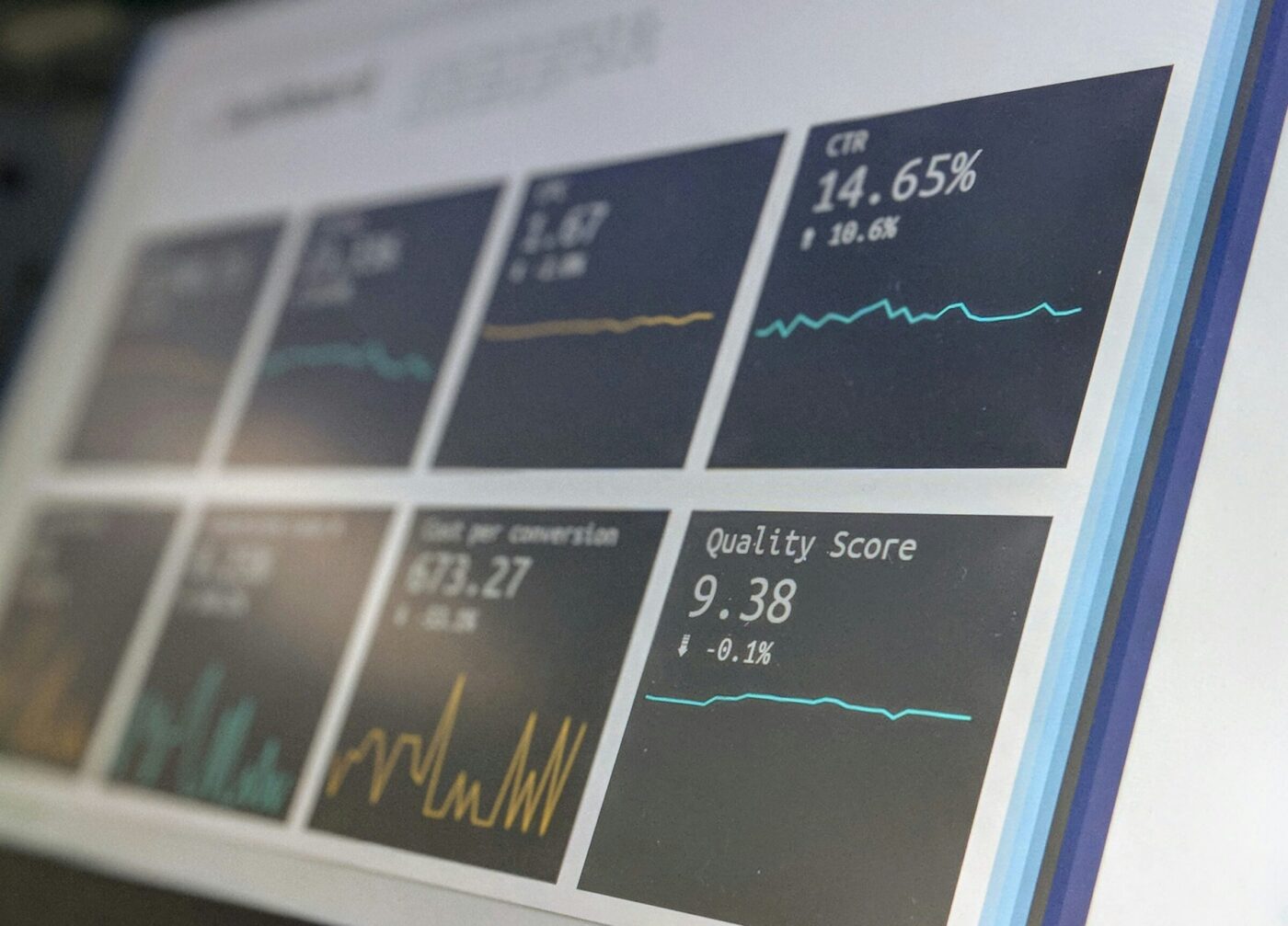Your team’s stretched. You’re trying to do too much with too little. And results just aren’t improving. I know what it’s like from when I worked in-house. Sometimes, no matter how hard you work, you still fall short of the numbers you’re expected to hit.
Whether you’re the only person running marketing or part of a small team after recent cutbacks, it’s okay to say you need help. The key is showing how extra support could actually make things better, not just for you, but for the whole business.
Here are some common signs it’s time to ask for help, and how to make a strong case for it.
1. You’re expected to know everything
SEO. Paid ads. Reporting. Content. Digital PR. It’s a lot for one person or even a small team. You might find yourself Googling how to fix a technical SEO issue or not knowing whether your Meta campaign settings are right.
That doesn’t mean you’re doing a bad job; it means the job is too big.
Let your manager know where the gaps are and explain how specialist support could plug them and free you up to focus on what you do best.
2. The results have flatlined
You’ve tried different things. Maybe you’ve tested ad copy, tweaked content, posted more on social or updated a few key landing pages. But nothing’s moving the needle.
That’s when it helps to get a second opinion. A good SEO or PPC specialist can often spot what’s missing quickly, whether it’s page speed issues, wasted ad spend or missed opportunities in the search results.
Even an audit can help you make the case and give your manager something concrete to act on.
3. Reporting takes too long and explains too little
You might be stuck pulling together a monthly report from five different platforms and still not feeling confident in what the numbers actually mean.
If you’ve ever opened GA4 and felt a bit lost, or stared at ad metrics wondering what counts as “good”, you’re not alone. That’s why support from someone who works with these tools every day can save time and improve decision-making.
You can explain to your manager that better reporting means clearer actions and clearer actions mean better results.
4. You can’t keep up with digital changes
SEO is changing fast, AI in marketing is here to stay. AI Overviews are now showing in Google results. People are using tools like ChatGPT and Perplexity as well as search engines for certain queries. Paid ad platforms are constantly introducing AI copy suggestions and new formats.
You don’t have time to track every change and test every update, especially if you’re working solo.
A specialist agency can help your team stay ahead without adding more to your to-do list. That can be a powerful point when speaking to a manager who wants long-term results.
5. You’ve done everything you can
This is often the clearest sign. You’ve tested ideas, tried to improve what you can, and tracked the impact. But results are still slow.
At that point, it makes sense to ask for backup. Not to hand everything over, but to get expert input that complements the work you’re already doing.
You can share a list of what’s been done, explain what still needs fixing, and outline how support could help meet your targets.
What to do next
Be clear about the problem
Start by writing down the areas where you feel stuck. This might be things like:
- We’re losing traffic and I don’t have time to figure out why
- I’m not confident the ad budget is being used well
- I’ve run out of ideas for how to improve performance
This makes it easier for your manager to understand what’s going wrong and how help could make a difference.
Suggest a small step
It’s often easier to get buy-in for a small project than a full agency retainer. A digital audit or one-off strategy session might be all it takes to show value and unlock more support later.
You don’t have to solve everything on your own. You’ve already done a lot, now it might be time to bring in someone to help you move forward.
If you’d like a starting point, get in touch with us at Koozai to find out how we can help you with your digital marketing.







Leave a Reply